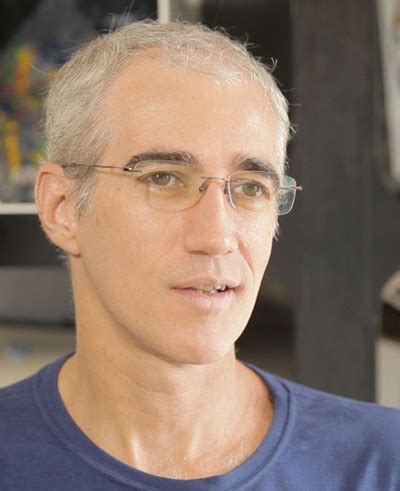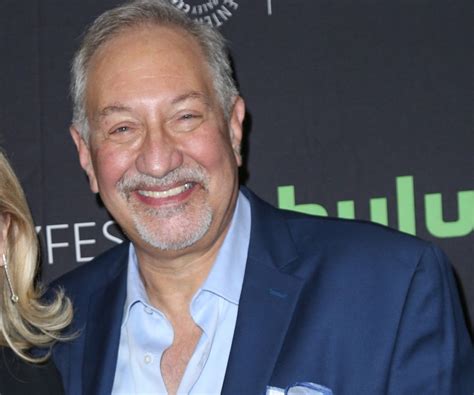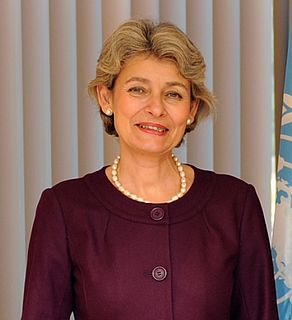A Quote by Serzh Sargsyan
Armenians, as a people that have survived the Genocide, have a moral duty towards mankind and history in the prevention of genocides. We have done and will continue to do our best to support the persistent implementation of the Genocide Convention. Genocide cannot concern only one people, because it is a crime against humanity.
Related Quotes
The term "genocide" is often incorrectly assumed to mean extreme examples of mass murder associated with war, with the death of millions of individuals, as, for instance in Cambodia. Although clearly the Holocaust was the most extreme of all genocides, the bar set by the Nazis is not the bar required to be considered genocide. Most importantly, genocide does not have to be complete to be considered genocide.
We're living in an age of genocide. ...And we do believe that there is not only the genocide of war, and the genocide that took place with the extermination of the Jews, but the whole program....of birth control and abortion is another form of genocide.... [T]hey claim the poor are bringing forth tremendous numbers of children and so the solution is to kill them off.
The Armenian Genocide is such a controversial and very sensitive issue because the Turkish and Armenian people disagree about the facts of what actually happened. I know how strongly Armenians feel about the Genocide, and how it's never been recognised. At the same time, I do not hold today's generation of people accountable.
I make a difference between genocide and Holocaust. Holocaust was mainly Jewish, that was the only people, to the last Jew, sentenced to die for one reason, for being Jewish, that's all. Genocide is something else. Genocide has been actually codified by the United Nations. It's the intent of killing, the intent of killing people, a community in this culture so forth, but no other people has been really interested.
The history of the genocide perpetrated during the Second World War does not belong to the past only. It is a ‘living history’ that concerns us all, regardless of our background, culture, or religion. Other genocides have occurred after the Holocaust, on several continents. How can we draw better lessons from the past?































